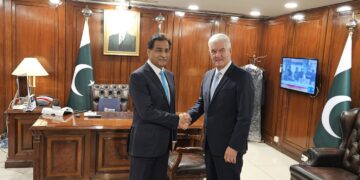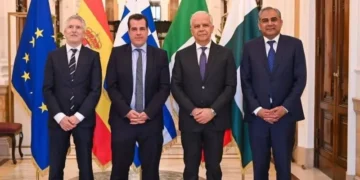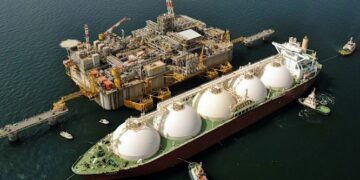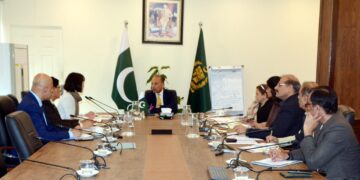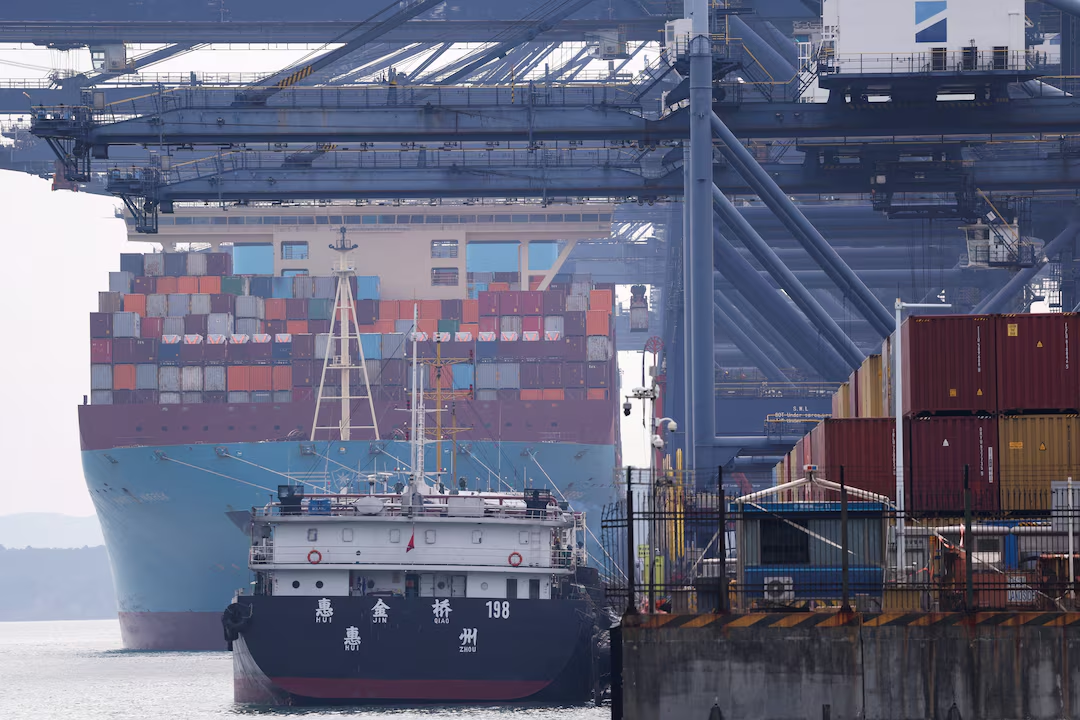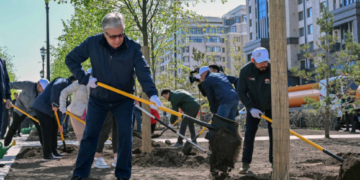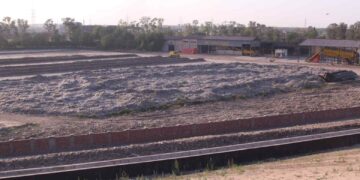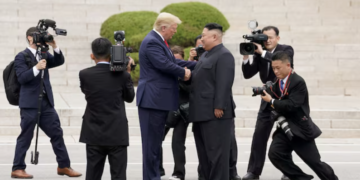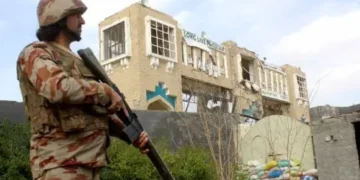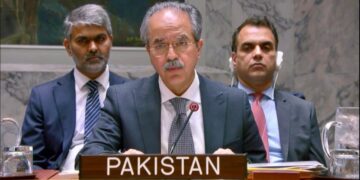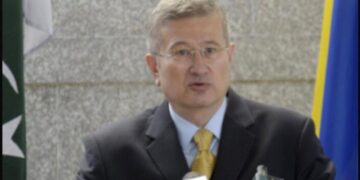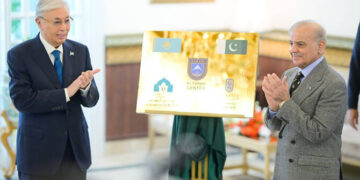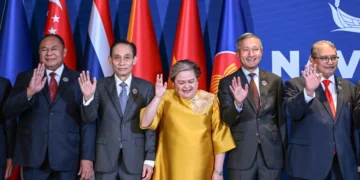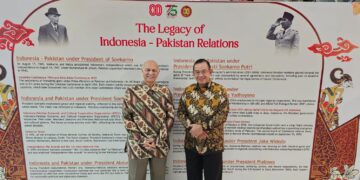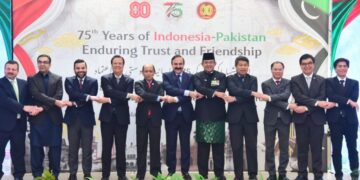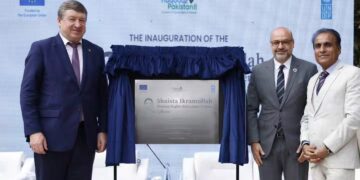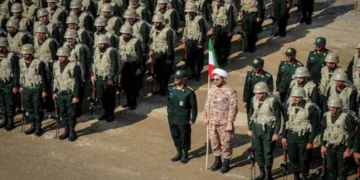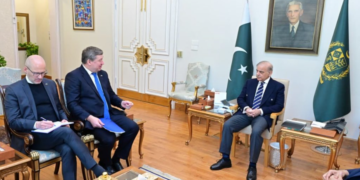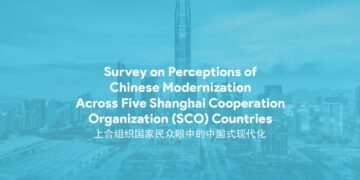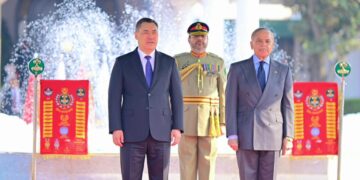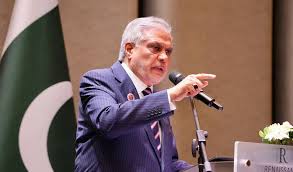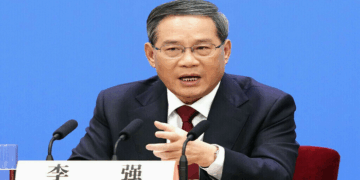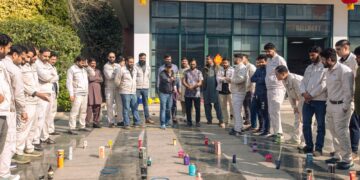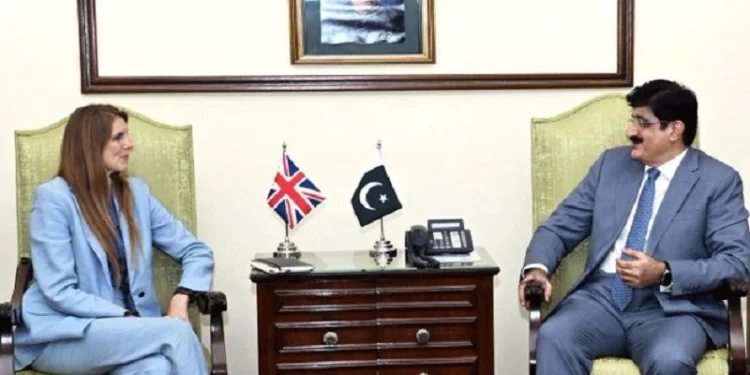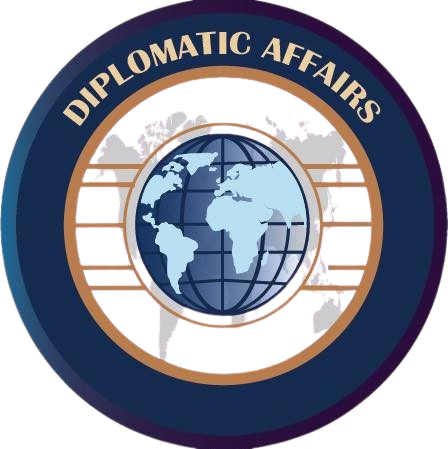KARACHI; The Sindh government and the United Kingdom have reaffirmed their longstanding development partnership with a renewed focus on climate resilience, inclusive infrastructure, and social sector reform. In a high-level meeting held at the Chief Minister’s House, both sides reviewed ongoing collaborations and outlined new areas for cooperation to drive sustainable growth and disaster preparedness across the province.
Sindh Chief Minister Syed Murad Ali Shah and British High Commissioner Jane Marriott led the discussions, which centred on strengthening economic development through joint investments, especially in public-private partnerships (PPPs), energy, education, and urban planning. They highlighted the UK’s financial and technical backing via the Foreign, Commonwealth & Development Office (FCDO), including grants and co-financing arrangements aimed at supporting Sindh’s transformation agenda.
Also present were British Deputy High Commissioner Lance Downing, CM’s Special Assistant Qasim Naveed, and senior provincial officials. CM Shah—currently serving his third consecutive term—briefed the delegation on major infrastructure upgrades under way in Karachi and other districts, including Shahrah-e-Bhutto, New Link Road, BRT Red and Yellow Lines, and the long-awaited K-IV water supply scheme. Progress on wastewater management, the New Hub Canal, and seawater treatment plants was also shared.
The meeting also touched on achievements in flood recovery, health and education reforms, restoration of irrigation channels, and the expansion of Special Economic Zones to attract investment and industrial growth. CM Shah highlighted recent gains in the energy sector such as new power plants, upgraded transmission lines, and budget allocations for green energy and drainage systems.
The FCDO’s support—particularly a $15.43 million grant coupled with a $70 million loan from the Asian Development Bank under a PPP model—was credited for enabling flagship initiatives like the Dhabeji Special Economic Zone and the Lab-e-Mehran tourism project. Officials further discussed collaboration on the development of a Risk Governance Framework and a National Governance Programme to streamline disaster response and institutional coordination.
Looking to the future, both parties expressed interest in expanding cooperation in education (including school rehabilitation and STEM labs), vocational training, social protection, and women’s empowerment. CM Shah praised Sindh’s leadership in PPP innovation and reiterated the province’s readiness to deepen engagement with the UK, calling it a vital partner in building a resilient and inclusive future.



